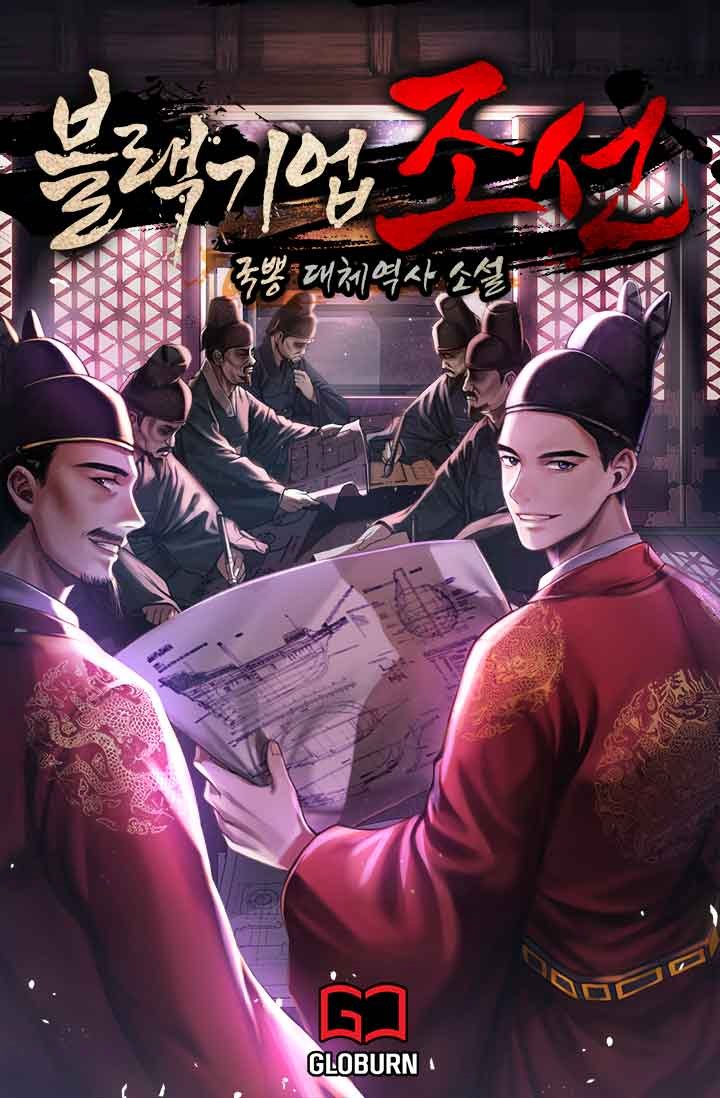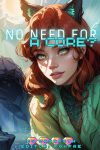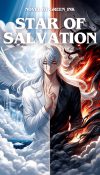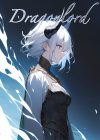Advertisements
Black Corporation: Joseon

Type
Genre
Tags[ ]
Rating(4.5 / 5.0, 99 votes)
| 5 | 79% (78 votes) |
| 4 | 3% (3 votes) |
| 3 | 9% (9 votes) |
| 2 | 4% (4 votes) |
| 1 | 5% (5 votes) |
Advertisements
Language
Support Book (#ad)
Author(s)
One entry per lineArtist(s)
One entry per line
N/A
Year
Example: 2012
2019
Status in COO
Status in Country of Origin. One entry per line
1154 Chapters (Ongoing)
Licensed
No
Completely Translated
No
Original Publisher
One entry per lineEnglish Publisher
One entry per line
N/A
Release Frequency
Every 1.3 Day(s)Activity Stats [Graph]
Weekly Rank: #761Monthly Rank: #554
All Time Rank: #3121
Reading List [Graph]
On 1628 Reading Lists
Monthly Rank: #1046
All Time Rank: #5240
Description
Links are NOT allowed. Format your description nicely so people can easily read them. Please use proper spacing and paragraphs.The maniac who was crazy about all kinds of fields such as military and steampunk had been reincarnated.
However, his father was King Sejong the Great?
The mania-wise king and his crazy maniac son.
Along with the ministers, and countless humans who were getting exploited.
Even today, the night of Joseon was filled with the light of overtime.
Associated Names
One entry per lineBCJ
블랙기업조선
블랙기업조선
Related Series
N/ARecommendations
I Became a Genius of the French Royal Family (1)Recommendation Lists
- Updates worth gold
- G. O. A. T
- Interesting Historical Webnovel
- My Library Of Treasures
- An actual attempt at ranking
Latest Release
| Date | Group | Release |
|---|---|---|
| 04/24/24 | Blossom Translation | c213 |
| 04/24/24 | Blossom Translation | c212 |
| 04/24/24 | Blossom Translation | c211 |
| 04/24/24 | Blossom Translation | c210 |
| 04/24/24 | Blossom Translation | c209 |
| 04/24/24 | Blossom Translation | c208 |
| 04/24/24 | Blossom Translation | c207 |
| 04/24/24 | Blossom Translation | c206 |
| 04/16/24 | Blossom Translation | c205 |
| 04/16/24 | Blossom Translation | c204 |
| 04/16/24 | Blossom Translation | c203 |
| 04/16/24 | Blossom Translation | c202 |
| 04/16/24 | Blossom Translation | c201 |
| 04/16/24 | Blossom Translation | c200 |
| 04/16/24 | Blossom Translation | c199 |
Go to Page...
Go to Page...


